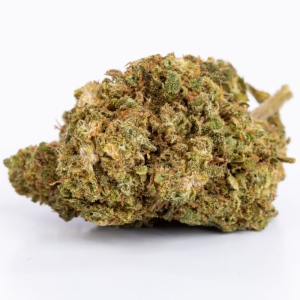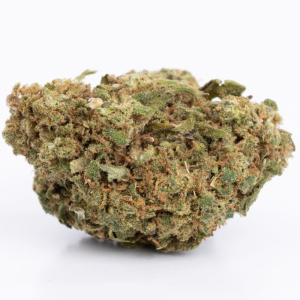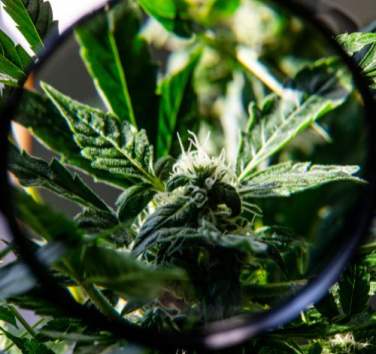How can CBD work against chronic pain?
CBD, or cannabidiol, is a cannabinoid extracted from a hemp plant of the Cannabis L. Sativa or Cannabis Indica variety. Unlike THC, it has no psychotropic effects and does not alter your cognitive faculties.
By interacting with our body's endocannabinoid system, CBD regulates a number of physiological functions such as mood, memory and pain perception.
A study published in 2004 in the British Journal of Pharmacology reveals that CBD alleviates pain via TRPV1 receptors, involved in the management of inflammation, body temperature and pain sensitization in rats.
CBD also plays a role in decreasing glutamate levels in the brain and spinal cord, which may reduce pain transmission and perception. In humans, clinical trials have shown that CBD promotes the activity of anandamide, nicknamed “bliss molecule”. When its secretion is well regulated, this substance contributes to the general well-being of the body.
By restoring balance to the endocannabinoid system, CBD therefore promotes a state of homeostasis, or balance, and reduces the perception of pain without notable side effects (at worst, a few temporary digestive discomfort). CBD is also an excellent stress reliever that promotes healthy and restful sleep.
Relieving chronic pain with CBD is possible and proven!
CBD, when it comes from Indica and Sativa cannabis varieties, differs from THC by the absence of interaction with the cannabinoid “CB1” receptors. Instead, it targets specific receptors linked to anxiety (5-HT1A) and pain (TRPV1).
Danilo De Gregorio, MD at McGill University, explains that moderate doses of CBD, administered over a week, can significantly alleviate pain and anxiety, symptoms that occur generally combine in cases of chronic or neuropathic pain.
Dr. Gobbi, a leading figure in medical cannabis research and researcher in the Brain Treatment and Integrative Neuroscience Program at the RI-MUHC, envisions CBD as a safe alternative to both THC and to opioids. Talk to your doctor.















